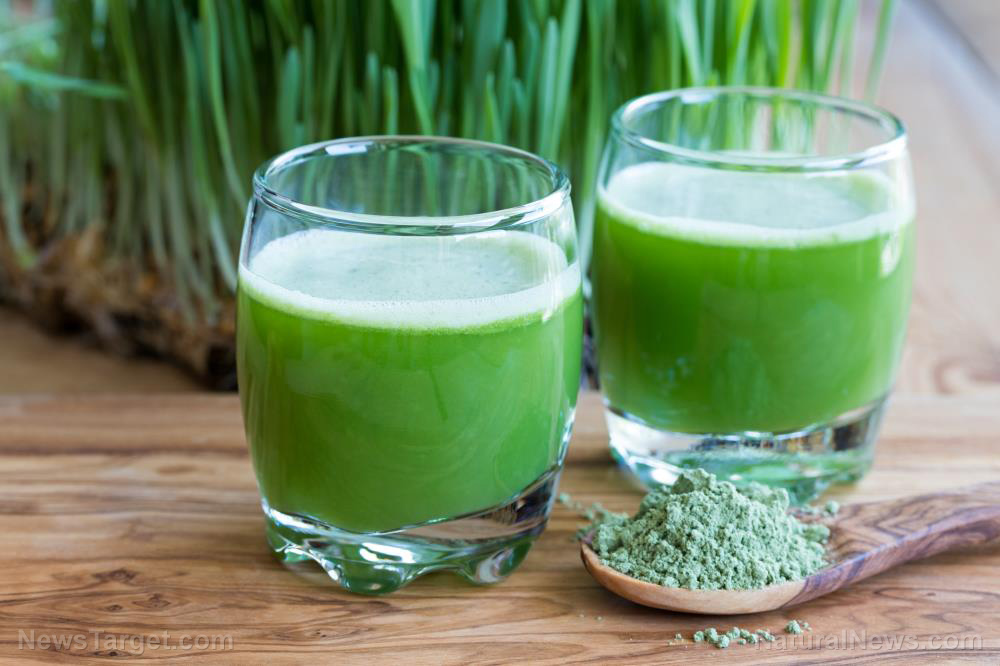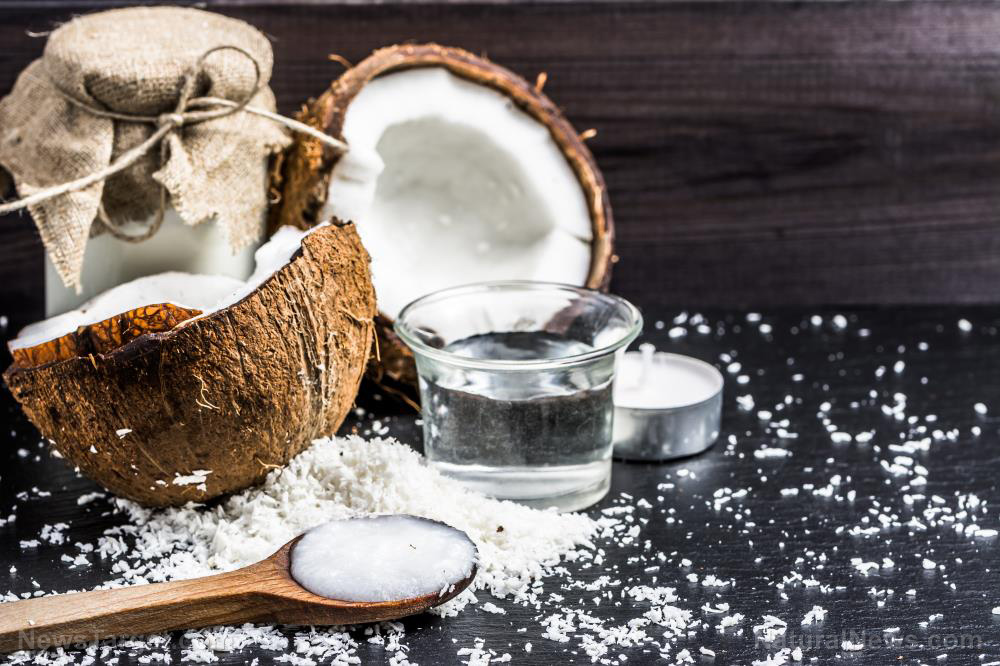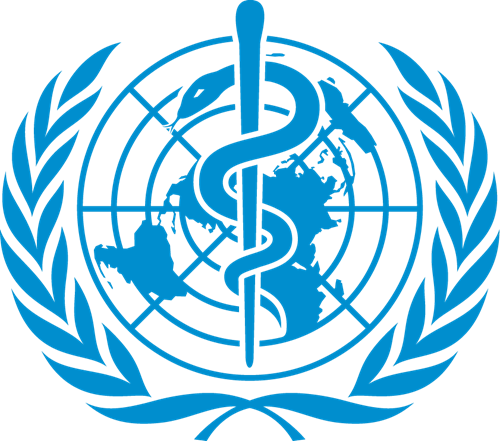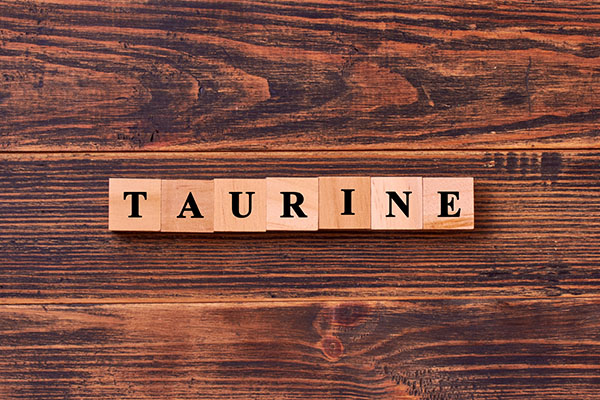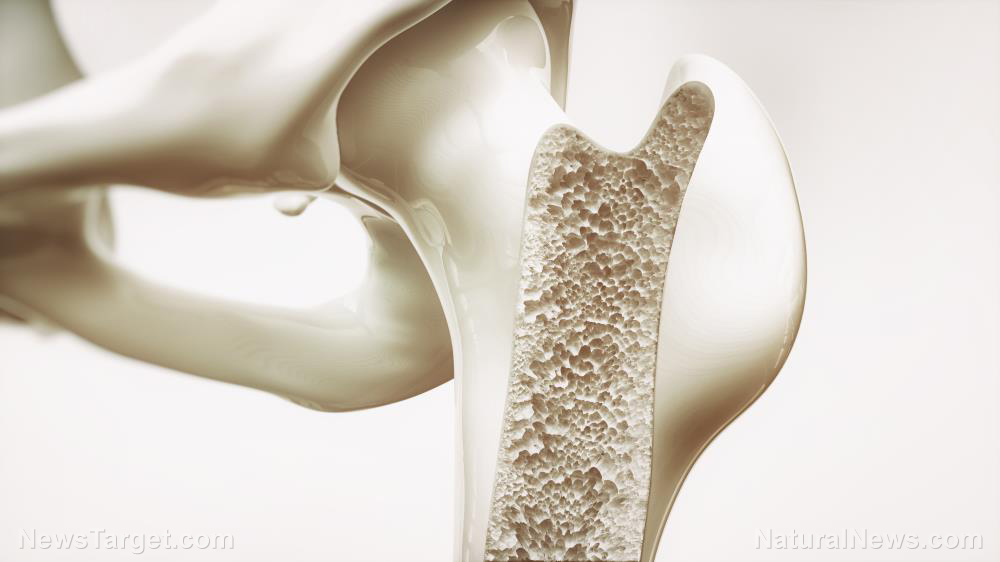
No matter your age, it is important to maintain strong, healthy bones to preserve mobility and lower your risk of fractures. As you age, your bones naturally grow weaker as a result of testosterone loss if you're a man or estrogen loss if you're a woman. The decrease in these hormones leads to loss of bone density, which increases your risk of fractures.
Aside from age-related changes in hormones, loss of bone density is also caused by other factors, such as smoking, excessive alcohol consumption, physical inactivity, poor diet and nutrient deficiencies. This suggests that bone loss, especially among older adults, can be prevented by adapting healthy lifestyle changes.
Here are four things you can do to keep your bones strong and healthy as you age. (h/t to HealthierSteps.com)
Eat a nutritious, well-balanced diet
You can easily maintain healthy bones by eating plenty of organic fruits and vegetables as well as other foods rich in the following nutrients:
Boron. An important trace mineral, boron has been found to improve bone density in humans. Studies show that boron could also help treat symptoms of rheumatoid arthritis and osteoarthritis, making it an important mineral for older adults.
Calcium. The major component of bone, calcium combines with other minerals in bone to form hard crystals that provide skeletal strength and structure. As such, calcium is one of the most important nutrients for building and maintaining strong bones and teeth. Calcium is also needed for muscle control and blood circulation.
Copper. A study published in Nutrients showed the effectiveness of integrating copper and copper supplementation for bone metabolism – slowing down bone mineral loss and reducing resorption markers.
Magnesium. Research shows that high intake of magnesium increases bone mineral density, which leads to a lower risk of bone fractures and osteoporosis. A deficiency in magnesium has been linked to reduced bone stiffness, bone inflammation and subsequent bone loss.
Phosphorus. Phosphorus is the second most abundant mineral in bones after calcium. You need sufficient levels of inorganic phosphorus to ensure the normal function of bone-forming cells (osteoblasts) and bone-maintaining cells (osteocytes). Phosphorus is also required for the formation of hydroxyapatite, the naturally occurring form of calcium phosphate that makes up your bone's mineral structure.
Protein. Bone is about 35 percent protein, making it an important nutrient for the maintenance and growth of bone tissue. According to a study involving a cohort of postmenopausal women, high protein intake can significantly reduce the risk of hip fractures, which are common in the elderly. Protein also helps prevent post-fracture bone loss and increases muscle strength.
Zinc. Zinc is a natural component of bone tissue and plays a huge role in the synthesis of the collagen matrix, which provides mechanical support and serves as a scaffold for bone cells. Zinc is also important for bone mineralization and has been found to promote the differentiation of osteoblasts.
Vitamin C. This vitamin is well-known for its role in regulating the biosynthesis of collagen, the main structural protein in bone. The collagen matrix is said to be "foundation" bone mineralization is built on.
Vitamin D. This vitamin is required for the optimal absorption of calcium as well as normal bone mineralization. Maintaining health vitamin D levels helps prevent osteomalacia, a disorder characterized by bone softening in adults that is caused by prolonged and severe vitamin D deficiency.
While it is nearly impossible to get sufficient vitamin D from your diet, you can naturally induce your body's production of vitamin D by getting adequate sun exposure (five to 30 minutes between 10 am to 4 pm) every day. (Related: 3 Key health benefits of vitamin D, the sunshine vitamin.)
Vitamin E. A potent antioxidant, vitamin E can help you maintain strong, healthy bones by protecting against free radicals-induced oxidative stress. Studies show that high levels of free radicals, particularly in postmenopausal women, accelerates bone loss. Vitamin E also helps prevent bone loss by slowing down bone resorption -- the process by which bone tissue is broken down. (Related: Prevent osteoporosis and boost bone health with vitamin E.)
Vitamin K. Adequate intake of vitamin K is important for bone health because this vitamin is involved in the production of proteins in bone. High intake of vitamin K is also linked to a lower incidence of hip fractures and increased bone mineral density in people with osteoporosis.
Omega-3 fatty acids. One of the many benefits of these healthy fats is they can support optimal bone health. According to a study published in the journal Scientific Reports, omega-3s can prevent bone loss by inhibiting inflammation and the development of bone-resorbing cells (osteoclasts).
Exercise regularly
Promoting bone health is one of the many benefits of regular exercise. According to experts, exercise has the same effect on your bones as it does on your muscles -- i.e., it makes them stronger.
Because bone is also living tissue, it is capable of responding to outside forces and adapting to external pressure. Therefore, when you exercise regularly, your bones respond by building more bones so it can better support your body while you engage in physical activities. They grow denser and stronger as a result.
Another benefit of exercise is it improves your balance and coordination and strengthens your muscles, which are exactly what older adults need. Stronger bones and muscles and better balance can significantly reduce their risk of falls and fractures, which are often the cause of their limited mobility.
To maintain strong, healthy bones and prevent fractures, incorporate a combination of the following exercises into your daily routine: (h/t to NIAMS.NIH.gov)
- Weight-bearing exercises, such as brisk walking, jogging, running, sports, climbing stairs or dancing
- Resistance training exercises, such as using weight machines and resistance bands, lifting free weights or doing pushups and pullups
- Balance training exercises, such as tai chi, step-ups, lunges, walking backwards or walking on an unstable surface
If you're a healthy adult without chronic conditions, you should get at least 150 minutes of moderate-intensity exercise or 75 minutes of vigorous-intensity exercise weekly.
For older adults, experts also recommend getting 150 minutes of moderate-intensity exercise weekly, but their routine should include a combination of the exercises listed above. If this is not doable, they should try to be as physically active as their health would allow.
Get enough sleep
Many important bodily processes take place while you are asleep. For instance, bone remodeling, the process by which old bone tissue is replaced with newly formed tissue, occurs during sleep. This is why getting adequate sleep every night is important. Not getting enough sleep or having sleep disturbances could disrupt this important process, which could eventually lead to weak bones and an increased risk of fractures.
The recommended amount of sleep for adults is seven to eight hours every night. Note that too much or too little sleep can be detrimental to bone health. Lack of sleep, in particular, can increase inflammation, halt the development of bone cells and raise cortisol levels, which has been linked to a loss of bone calcium and other minerals.
Maintain a healthy weight
Being overweight or obese can put additional strain on your bones and joints, which can cause pain and trigger inflammation. Studies have also shown that obesity can increase your risk of knee and hand osteoarthritis. Although osteoarthritis is a joint disease, severe cases have been found to accelerate bone loss and lead to osteoporosis. To maintain strong and healthy bones and joints, strive to maintain a healthy weight.
Find more stories about bone health and healthy aging at AgingSecrets.news.
Watch the following video to learn about the seven ways to improve bone health.
This video is from the Daily Videos channel on Brighteon.com.
More related stories:
Natural health: 4 Ways to boost your bone health.
Maintain eye and bone health with vitamins A and D (recipe included).
Eating probiotic foods helps improve bone health in women.
Osteoporosis myths DEBUNKED: Truths about bone health.
Sources include:
Please contact us for more information.















